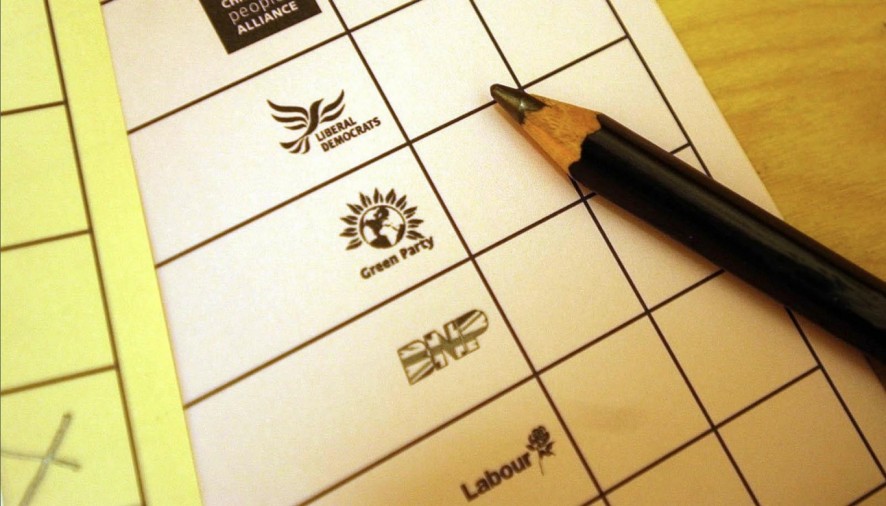I never thought I’d see the day I agreed with Nigel Farage, but he recently hit the nail on the head, stating that it was the time for ‘real, genuine, and radical reform’ in our frankly outdated voting system.
We have a system that works based on two major parties splitting the electorate, and it is here lies the problem: we don’t have two main parties any more. With the growing popularity of the Green Party, the SNP, and worryingly, UKIP, it is no longer viable to use this multiple member first-past-the-post system that has been in place in the UK for centuries.
The number of votes cast for each party versus the amount of seats that they won is pretty ridiculous. For example, the Liberal Democrats and the SNP combined had fewer votes than UKIP, but won 64 times the amount of seats. Similarly, the Green Party took 1.1 million votes, but won only one seat, because their voters aren’t found in concentrated areas.
Surely I can’t be the only one who sees this as unfair?
Ah, but I’m not. The Electoral Reform Society has been campaigning for a change to proportional representation in UK elections since 1884. Since 1884. If that’s not perseverance, I don’t know what is.
Another problem that constantly plagues the UK political system is the problem of voter turnout; this year, only 66% of registered voters actually used their vote. And the worst part? This was the biggest voter turnout since 1997. The reluctance or apathy of the public to vote must be addressed, and soon.
Perhaps the problem is logistical. In an increasingly Internet-dependant, computer-literate society, maybe the best way to increase voter turnout is to bring the polling to the people. Only 58% of registered voters between 18 and 25 actually cast their vote on Thursday, a number that could be radically improved by making voting easier and more accessible in the fast-paced, technological world that we live in. That being said, the number of young people using their vote has risen hugely since 2005, showing that young people are actively taking an interest in politics. Just look at the wipe out of the Lib Dems; don’t expect to raise fees and students not lash out when it comes to the votes. As one of my friends put it: ‘My kitchen has more seats than the Lib Dems.’
Our electoral system is archaic and needs to be changed to better reflect the number of votes, not the concentration in certain areas. When a party wins the majority in an election while holding only 37% of the total vote, there’s clearly something wrong. If there’s one thing we all learned from this election, it’s that the electoral system absolutely needs to change, and quickly, so we never again have to end up with a government that 63% of us didn’t vote for.
Hannah Tomes


